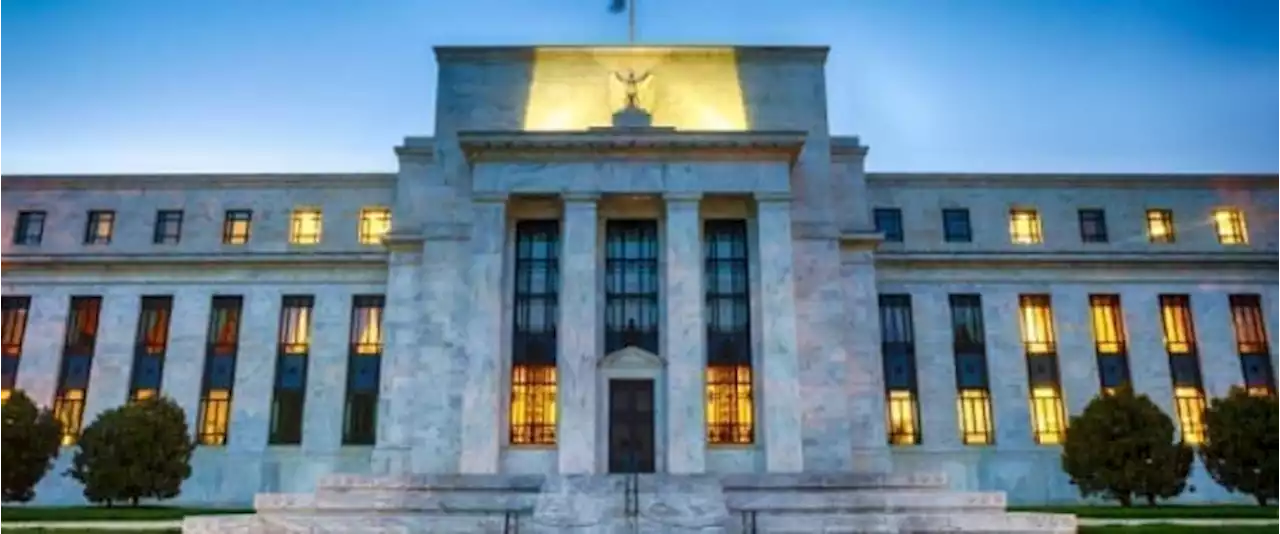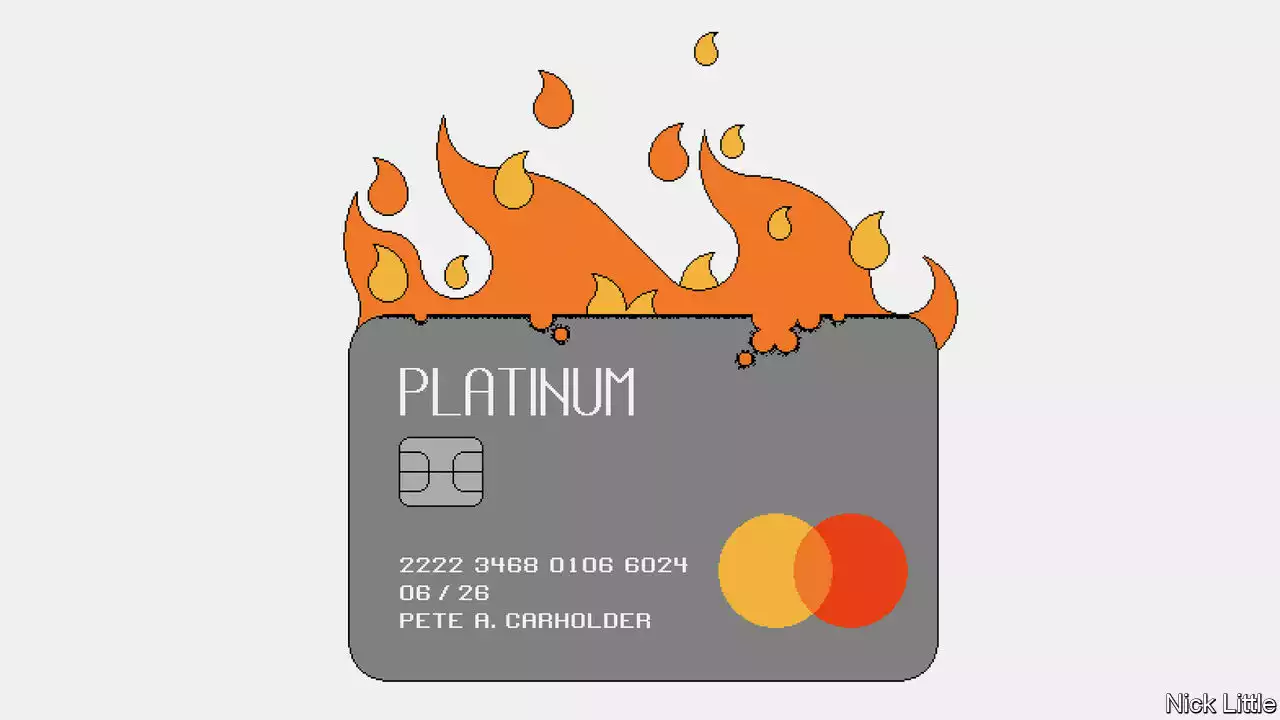The arrival of digital-payment platforms promises to create new kings of the highly lucrative global payments system. But the old bank/card model has adapted better to digitisation than many expected
Italy’s new right-wing prime minister, Giorgia Meloni, chose card fees as one of her early targets. Her quarrel was with charges levied on card payments that go to processors, networks and banks. Angered by the policy of her predecessor, Mario Draghi, to fine firms that rejected digital payments, she called card fees a “hidden tax” on small businesses. Ms Meloni also suggested raising the limit on how much cash was allowed for large transactions, though she later backed away from this.
One reason for optimism over new digital finance and the fintech boom is that banks and cards look ripe for disruption. By our calculations, in 2019 crypto firms and fintechs accounted for around 9% of the global market capitalisation of large listed and private payment firms, including banks and card networks. By the third quarter of 2021 that share had almost doubled to 15%. Yet it has since fallen back to nearer 10%. Banks and card networks have proved resilient, especially in America.
One criticism of this system is that it particularly hits the margins of small retailers that do not have the power to negotiate lower fees. “Your Amazon account has been fixed for years,” says Ahmed Siddiqui, author of “The Anatomy of the Swipe”, a book on payments. A study by the Reserve Bank of Australia found that average card fees in Australia were 1.15% for the smallest tenth of retailers but only 0.47% for the largest tenth. And there are offsetting benefits.
Yet differential pricing is unlikely to go far. Mr Wang finds that fewer than 5% of transactions in America have payment-specific pricing. Cards are often more convenient for retailers because the card networks handle consumer disputes. The smallest traders that stand to benefit the most are precisely those in which non-card consumers would benefit the least because of low payment values. Many retailers fear that card users will be turned off by surcharges and go elsewhere.
Hence a third strategy, to build an alternative payment method for existing repeat customers, rather like the RedCard of Target, a big retailer. RedCard offers customers 5% discounts on Target purchases, encouraging them to spend at Target over its competitors. Some 20% of the firm’s $100bn annual revenues come through RedCard.
Deutschland Neuesten Nachrichten, Deutschland Schlagzeilen
Similar News:Sie können auch ähnliche Nachrichten wie diese lesen, die wir aus anderen Nachrichtenquellen gesammelt haben.
 Banks Have Tripled What They Pay You to Save—Here's How to Take AdvantageBanks paid depositors $78.7 billion in 2022, up from $24.3 billion in 2021, according to a recent study.
Banks Have Tripled What They Pay You to Save—Here's How to Take AdvantageBanks paid depositors $78.7 billion in 2022, up from $24.3 billion in 2021, according to a recent study.
Weiterlesen »
 Full list of shops and banks closing this week including B&M and HSBCA NUMBER of shops and banks are pulling down their shutters for the final time from today – we reveal the full list. The high street has been hit hard in recent years as businesses emerged fr…
Full list of shops and banks closing this week including B&M and HSBCA NUMBER of shops and banks are pulling down their shutters for the final time from today – we reveal the full list. The high street has been hit hard in recent years as businesses emerged fr…
Weiterlesen »
 Fed Official Says Climate Change Is Not 'Serious Risk' To Banks | OilPrice.comIn December last year, the Fed proposed principles that would apply to banking organizations with more than $100 billion in total assets and address both the physical risks and transition risks associated with climate change.
Fed Official Says Climate Change Is Not 'Serious Risk' To Banks | OilPrice.comIn December last year, the Fed proposed principles that would apply to banking organizations with more than $100 billion in total assets and address both the physical risks and transition risks associated with climate change.
Weiterlesen »
 Where to get help if you're struggling to buy baby formula: Food banks, baby banks and local authoritiesAs the price of infant formula soars, more parents are struggling to afford it - if you're among them, here are some places you can turn to for help.
Where to get help if you're struggling to buy baby formula: Food banks, baby banks and local authoritiesAs the price of infant formula soars, more parents are struggling to afford it - if you're among them, here are some places you can turn to for help.
Weiterlesen »
Bosses of failed US banks accused of putting profits over safety\n\t\t\tExpert insights, analysis and smart data help you cut through the noise to spot trends,\n\t\t\trisks and opportunities.\n\t\t\n\t\tJoin over 300,000 Finance professionals who already subscribe to the FT.
Weiterlesen »
 Ex US bank bosses call collapse 'unprecedented'The former chiefs of Silicon Valley Bank and Signature Bank are due to testify before Congress.
Ex US bank bosses call collapse 'unprecedented'The former chiefs of Silicon Valley Bank and Signature Bank are due to testify before Congress.
Weiterlesen »
